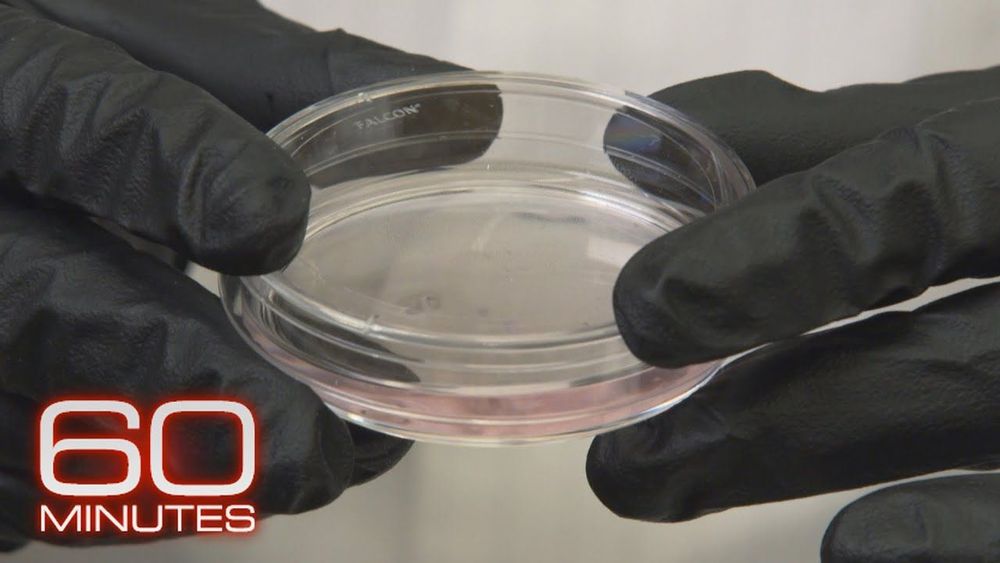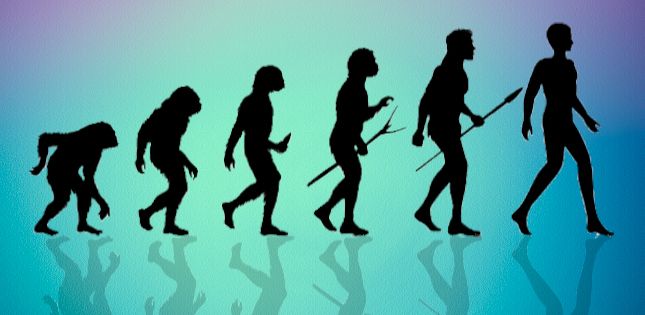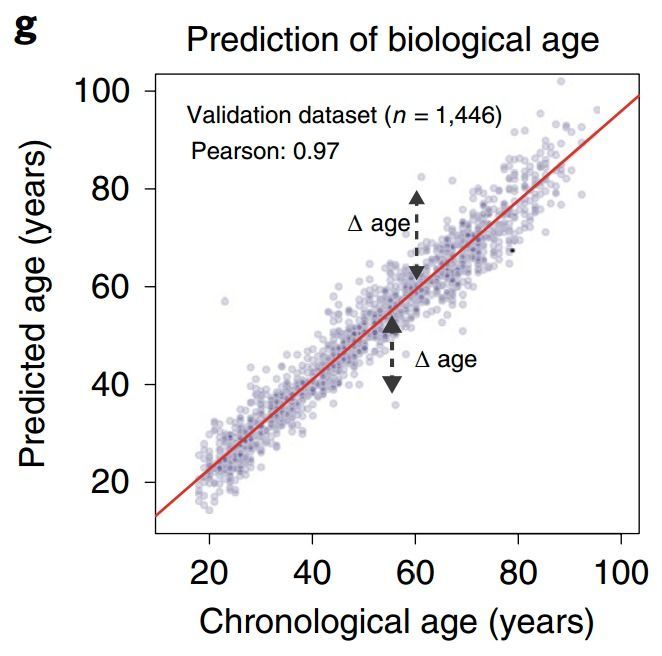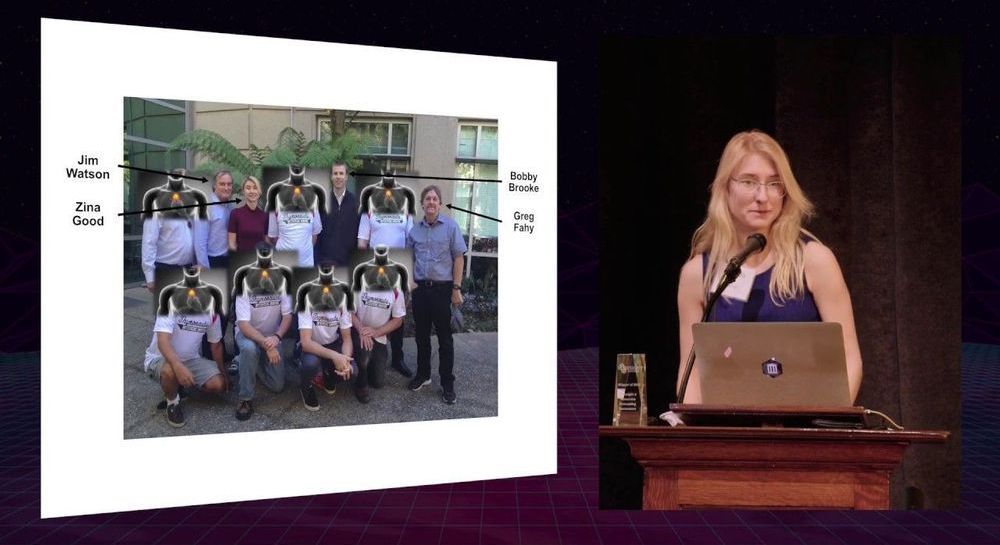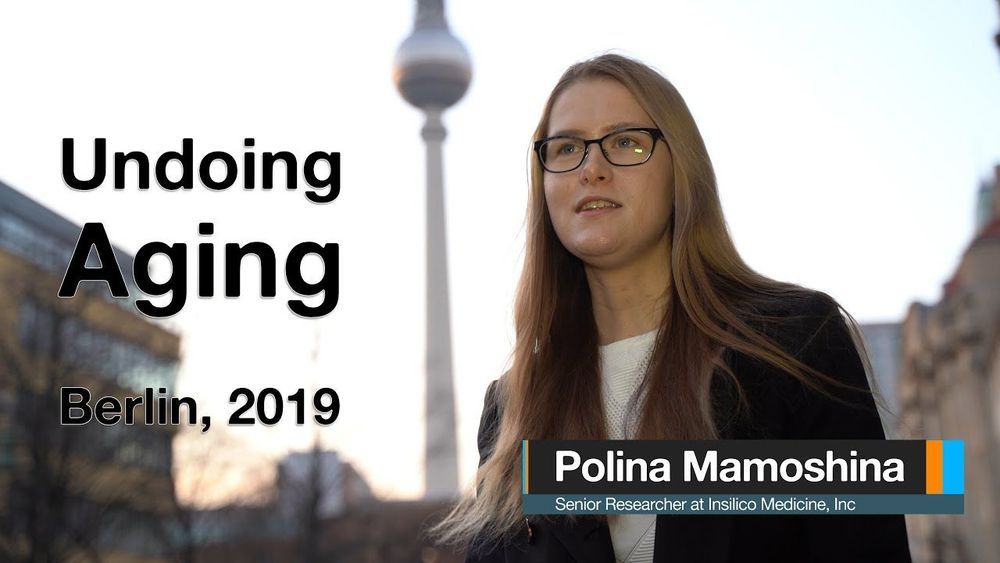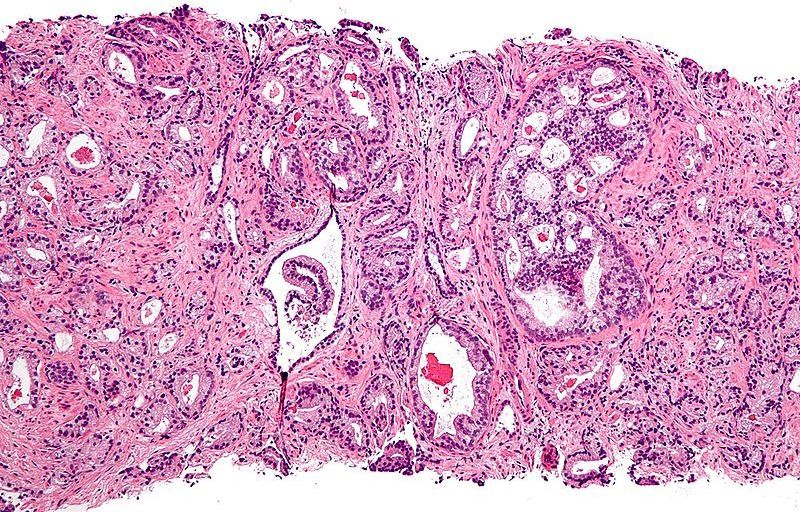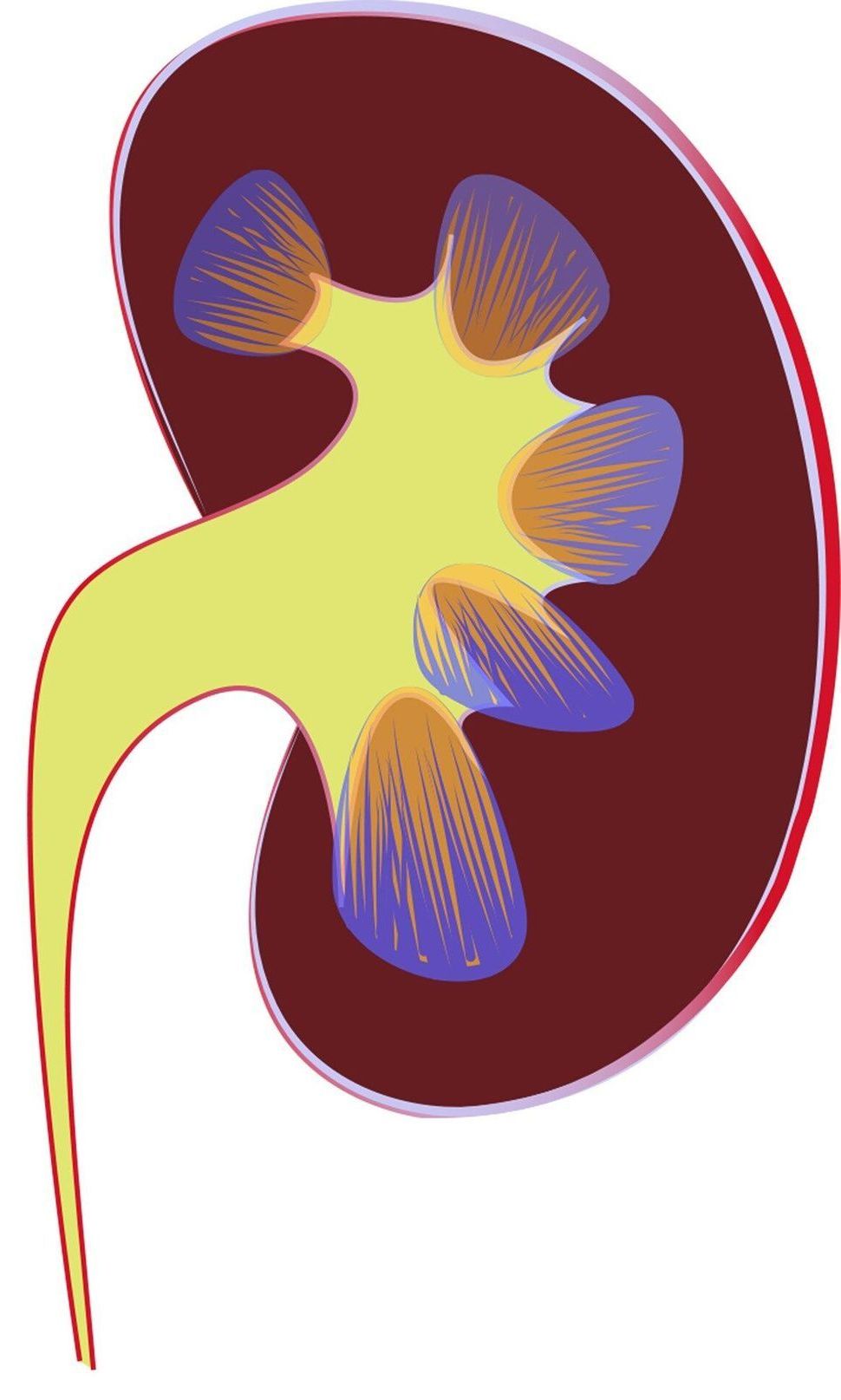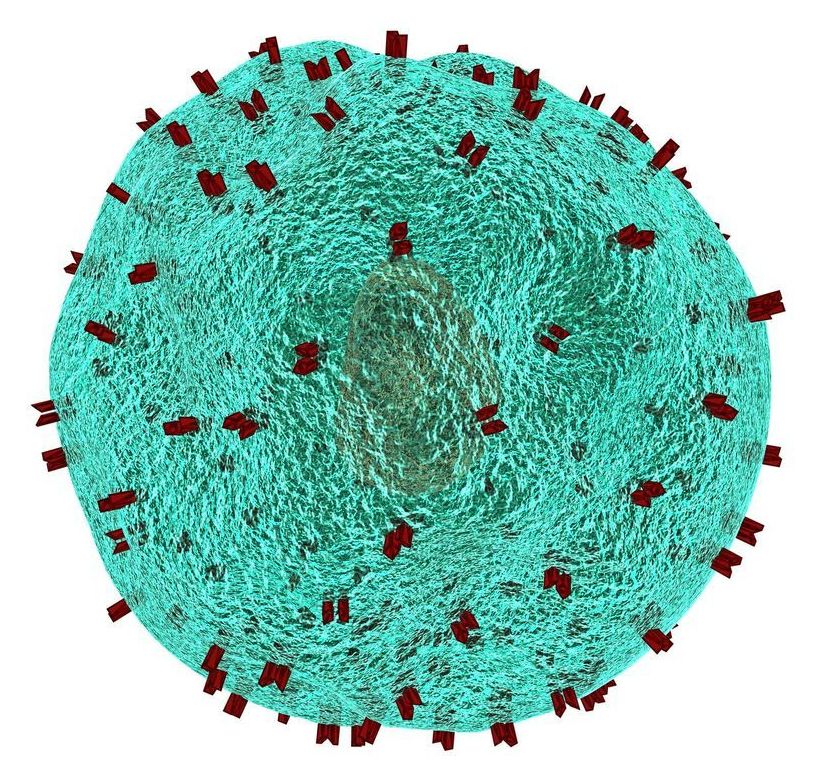
Researchers led by the European Molecular Biology Laboratory (EMBL) in Heidelberg and the Center for Bioinformatics at Saarland University in Saarbrücken, Germany, have developed a cheaper and faster method to check for genetic differences in individual cells. It outperforms existing techniques with respect to the information received. This new method could become a new standard in single-cell research, and potentially for clinical diagnosis in disease genetics, including cancer. The results have been published in Nature Biotechnology.
“Our new method to study genetic variations in individual cells could transform the field of mutation detection,” says Ashley Sanders, one of the lead authors of the study, working at EMBL Heidelberg, Germany. The method she and her colleagues developed, termed single cell tri-channel processing (scTRIP), allows them to study genetic variations within the DNA of a single cell and measure genetic variations directly as they form in new cells. In contrast to existing methods that were able to detect only large-scale changes in the genome, scTRIP can detect small-scale changes along with many types of genetic variations that were invisible using other single-cell methods.
The researchers tested their method in patient-derived leukemia cells. In their sample, the team found four times more variants in the patient than were detected by standard clinical diagnostics. These included a missed clinically relevant translocation that drove the overexpression of a cancer-causing gene. They also observed a catastrophic chromosome rearrangement that was missed in the initial leukemia diagnosis. It probably occurred when a single chromosome shattered and was then glued back together in a rearranged order.
